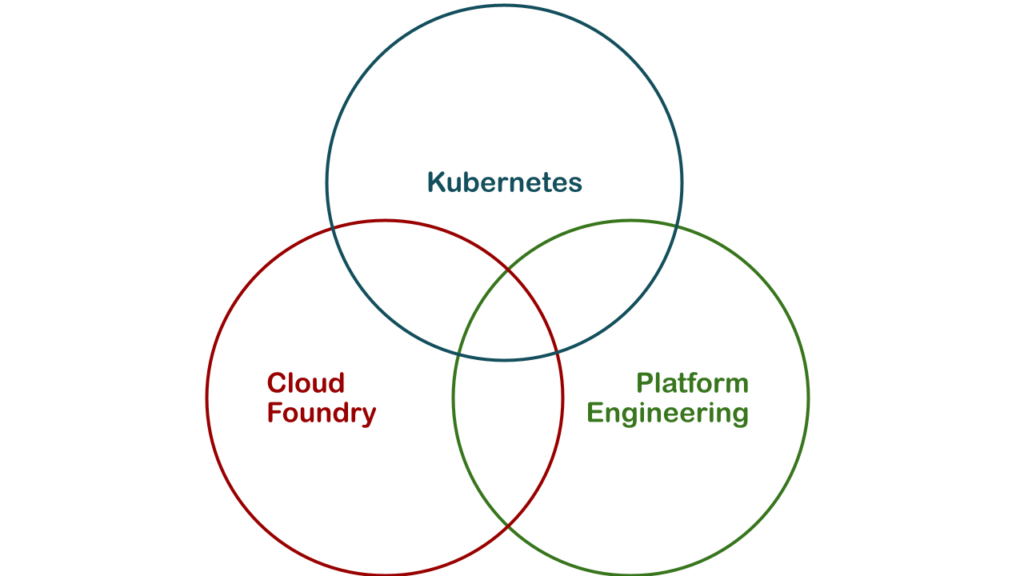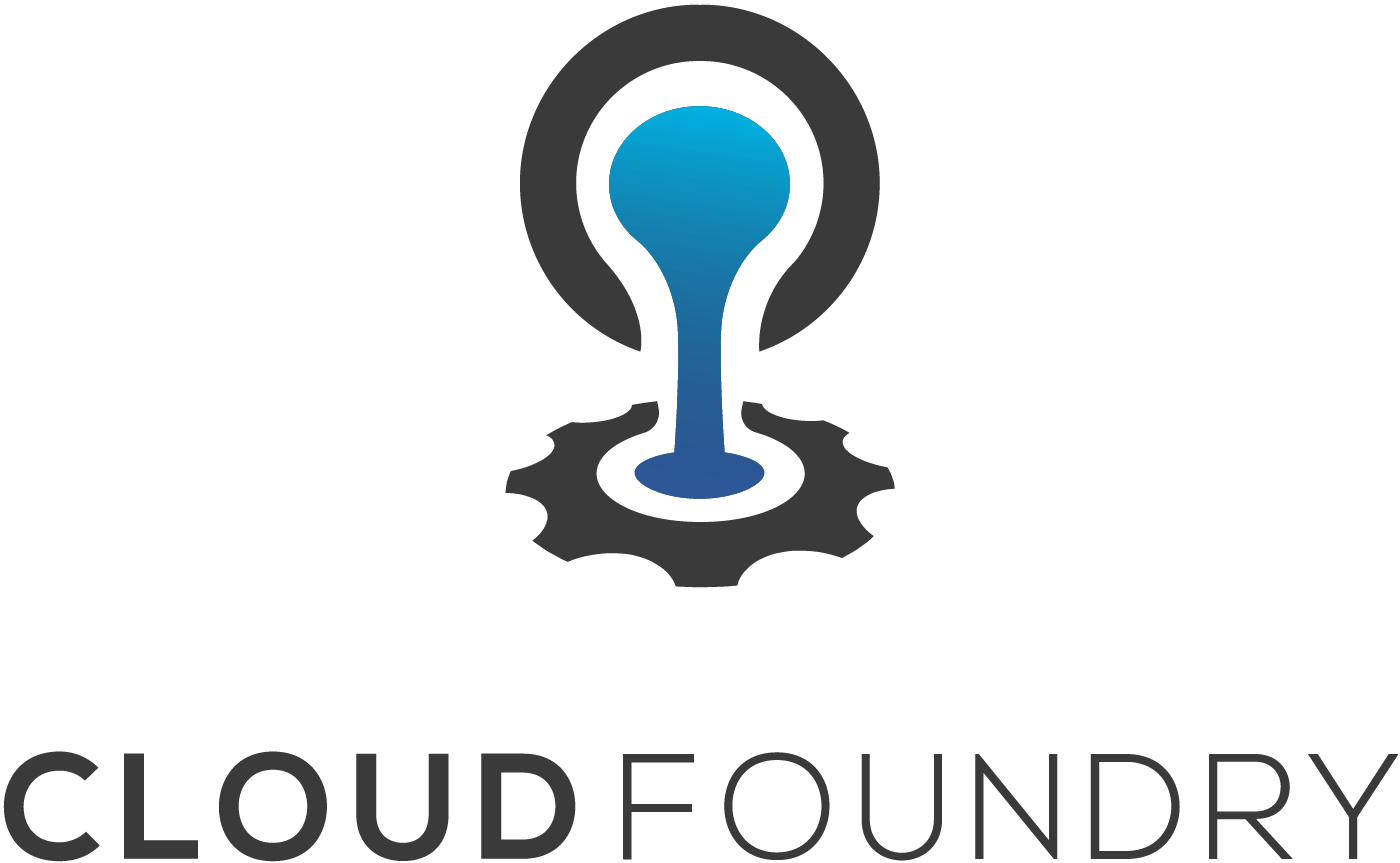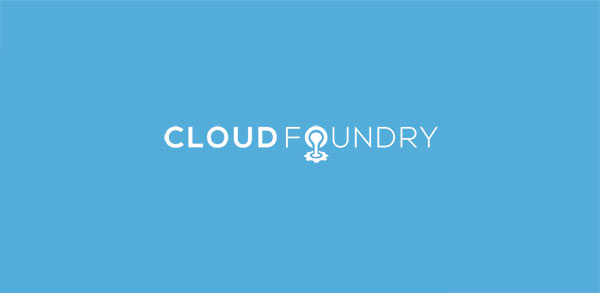A chance to meet our contributors and other community members.
It is that time of the year again — KubeCon+CloudNativeCon North America is just around the corner! The Cloud Foundry Foundation will again be a Silver sponsor for the event. We will have a booth at the Sponsor Showcase on the conference floor, where we will be discussing Cloud Foundry as well as newer projects like Paketo Buildpacks and Korifi, which provides Cloud Foundry’s industry-leading developer experience to teams using Kubernetes.

We work at the convergence of Cloud Foundry, Kubernetes, and the larger discipline of Platform Engineering. The platform engineering and Kubernetes communities have made remarkable progress in the realm of container orchestration and application deployment. However, they still face significant challenges related to complexity, scalability, and security. The key challenge faced by platform engineering and Kubernetes communities is the complexity of the systems they deal with. Kubernetes, while powerful, has a steep learning curve, and managing microservices in a distributed environment can be daunting. Developers and engineers often grapple with the intricacies of setting up, configuring, and maintaining Kubernetes clusters.
Next, growing businesses need scalable infrastructure solutions. Kubernetes was designed with scalability in mind, but it still presents challenges, especially when it comes to optimizing resource utilization and ensuring consistent performance as clusters expand.
Security is a paramount concern in platform engineering and Kubernetes. Ensuring that containers, clusters, and microservices are protected against vulnerabilities and breaches is a constant challenge. Keeping up with evolving security threats and implementing best practices can be overwhelming.
Simplicity is at the core of Cloud Foundry’s design philosophy. It provides a high-level abstraction for developers, enabling them to focus on writing code rather than dealing with the complexities of infrastructure and deployment. In order to achieve this end, the community works on projects of its own such as Korifi, Paketo, etc., or interoperates with other projects from the larger cloud native community (for example, kpack). Cloud Foundry automates many aspects of the application lifecycle, from deployment and scaling to health monitoring. Developers simply push their code, and the platform handles the rest. To automatically abstract away the underlying infrastructure, Cloud Foundry uses buildpacks, which automatically detect and provide the runtime and dependencies required for an application, making it easy to deploy applications in various languages. With service brokers, developers can quickly bind their applications to various services like databases, message queues, and more, without having to configure them manually.
RBAC is a fundamental part of Cloud Foundry’s security model. It allows administrators to define fine-grained access controls, ensuring that only authorized users can perform specific actions. The Cloud Foundry Vulnerability Management working group is dedicated to actively monitor and address security vulnerabilities. Regular updates and patches are released to keep the platform secure.
If you’re in Chicago and are planning on attending the event, please do stop by booth C32. We’re looking forward to discussing the current state of the projects and how you can get started with them if you’re new to the ecosystem.
Plug: Ram Iyengar, the Chief Evangelist of Cloud Foundry, will be giving a ⚡ lightning talk at AppDeveloperCon on Monday, 6th November. We invite you to check it out to learn about Paketo Buildpacks.




